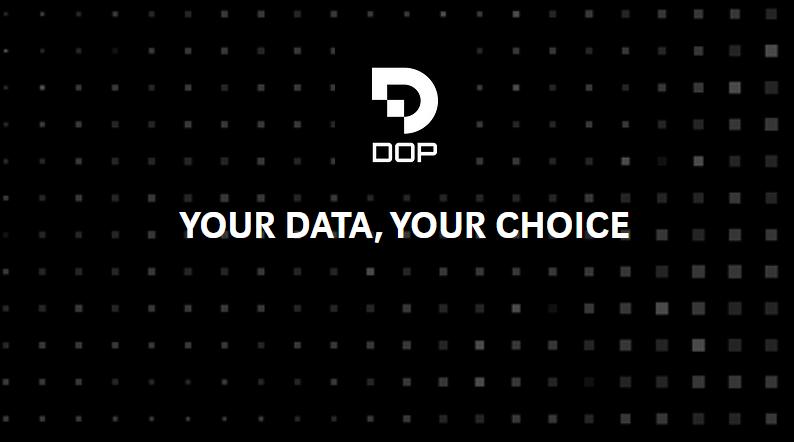Data Ownership Protocol (DOP for short) is a project that aims for the control and ownership of data to stay with its owner and gives users the authority to manage data.
May Interest You: Humanity Protocol: Human-Centered L2 Block Chain
Also, DOP aims for users to have full authority over their data by emphasizing that they are the sole owners of their data. It prioritizes users in terms of transparency and choice. Therefore, the ways data are obtained and processed are completely open to the user. In addition, users have the right to choose how their data will be used.
Another important issue is the security addressed by DOP. The data is protected against unauthorized access.
Additionally, DOP offers users the following:
- Personal Data: DOP provides full-scale data protection by giving users the authority to control how their personal data is used.
- Data Security: Aimed at goals, DOP enables secure storage of user data and its usage.
- Innovation of Data: DOP, which has an inventive approach to data sharing, supports the development of current and new models.
- Increased Trust: With this feature, users can approach the platform with confidence by having more control over data.
What Does DOP Do?
DOP is suitable for use in many areas we come across in daily life. In schools, students can track their data to ensure the security of their education records. Similarly, in the health sector, medical records can be controlled and shared. In addition to these, it is suitable for use in many sectors such as finance and social media.


